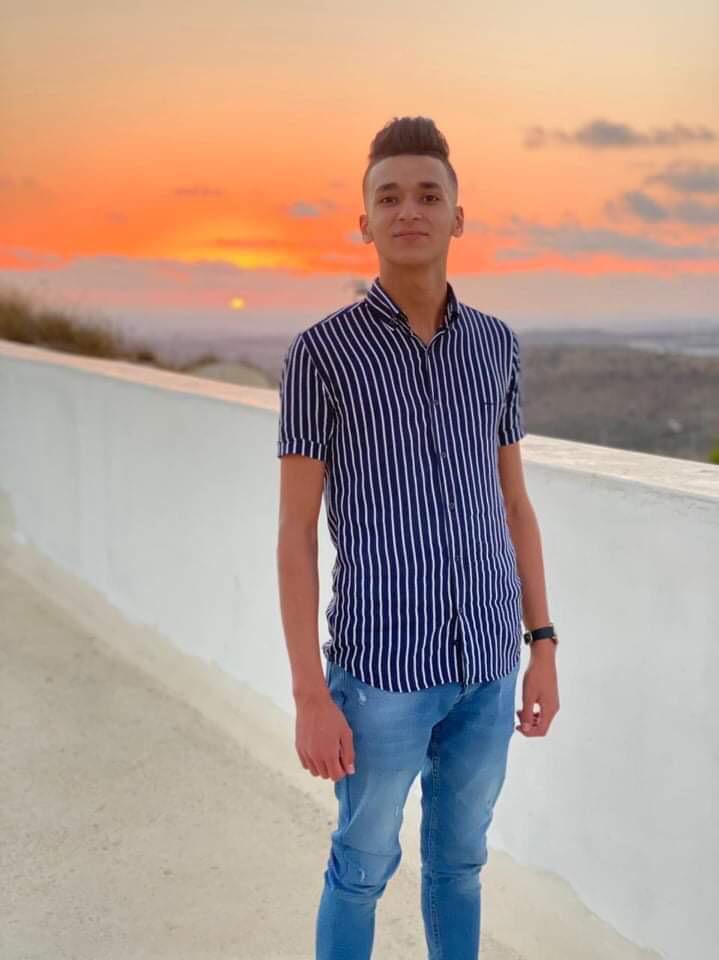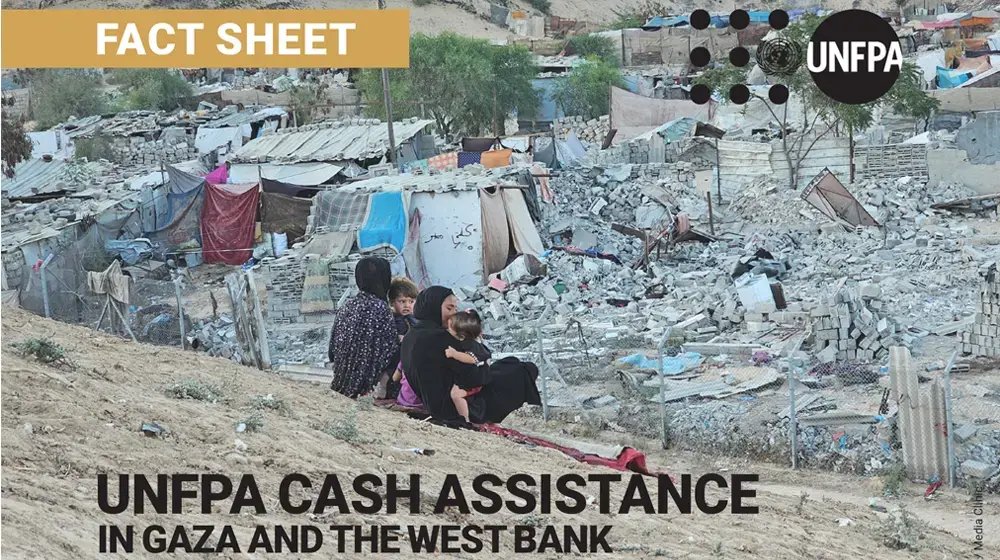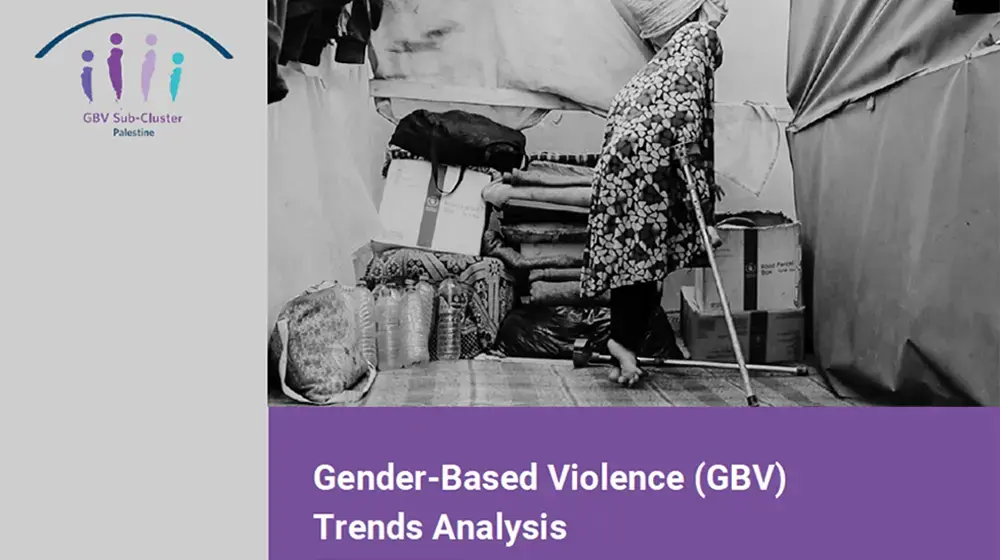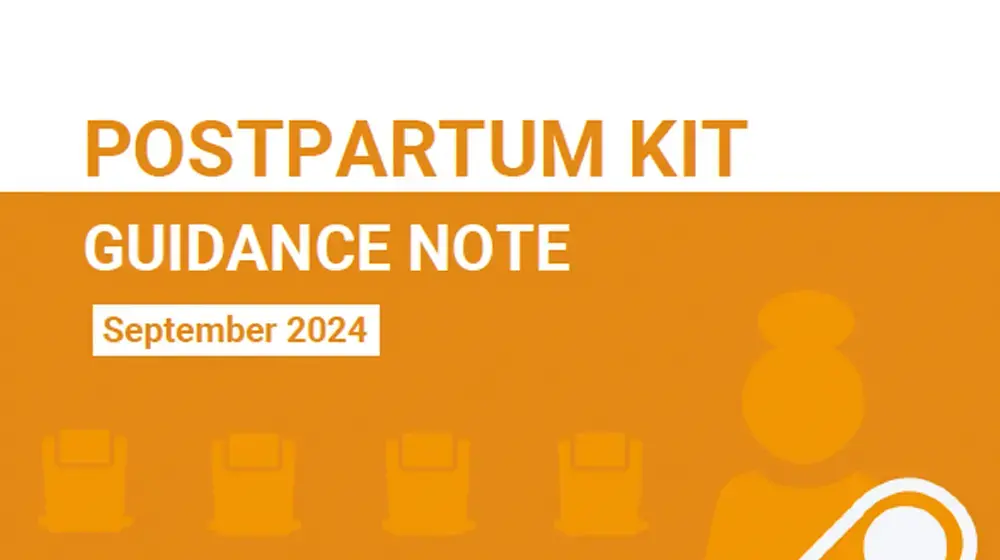Thanks to the HAYA Joint Programme both students and parents had a chance to familiarize themselves with concepts of gender equality to prevent and respond to gender-based violence (GBV). Teachers and school counsellors say that they have a better understanding of how to prevent and respond to violence in their schools due to interventions carried out through the joint programme, in partnership with UNFPA, the Ministry of Education and NGO Juzoor for Social Health and Development.
Experience has shown that working with young people to help them reflect on gender norms, equality, and human rights are key factors in preventing GBV later in life. For this reason, the HAYA Joint Programme engages with adolescent students, as well as their teachers and counsellors, in schools across the West Bank and East Jerusalem.
Omar (18) confirms that it is working: “We learned what gender means. Women and girls are part of the society and respecting them is a moral duty.”
Omar was one of the students exposed to different materials promoting these ideas at his school. This included a training manual on gender-based violence for parents, teachers, and students, which was originally developed by World Vision and updated by the HAYA Joint Programme. The manual has been used in thirty schools in the West Bank and Gaza Strip so far, and this is only the beginning.
The manual and other similar materials assist adolescents to think through gender roles, stereotypes, and societal expectations in engaging and fun ways. This includes drama, storytelling, journaling, and fun exercises. Their reflections are thoroughly examined through group discussions in the classroom facilitated by teachers and counsellors who have been trained in the subject matter.
“Some of the concepts in the manual were new to me, while I understood others,” says Nader, a teacher at a local school in the West Bank. “As I looked through the GBV manual, I knew that it would help me clarify concepts and educate my students in the right way.”

For the 18-year-old Omar and other students, education is central in the efforts to end gender-based violence and promote attitudes and behaviours towards gender equality. ©Zaid Jibriel
“We worked together as a team,” says Nader, who explained that there were often challenges as the concepts were new to many. “We then created a gender committee that consisted of one educational counsellor, one parent, and male and female students whose main objective was to organize pedagogical and awareness raising activities. It was the most active committee and the talk of the village,” says Nader proudly.
Violence against women and girls is a human rights violation that has immediate and long-term consequences to individuals, families, and communities. Violence against women has significantly increased following the COVID-19 pandemic, negatively affecting women’s feelings of safety and mental health. In the West Bank and Gaza Strip, 29 per cent of ever married women have experienced physical violence by their husbands, 14 per cent of never married women by a member of their household, and 44 per cent of young girls, aged 12 to 17, by their father or mother.
UNFPA Representative Kristine Blokhus supports working with school aged adolescents to prevent gender-based violence. “We know a lot about what works to prevent GBV”, she says. “In order to change attitudes, we must help adolescents to think critically about gender roles. At this age their minds are flexible and open to new information, and they can enter adulthood with healthy expectations of what an equal relationship looks like”, she says.
Omar believes the interventions will have a long-term positive impact on him and his community: “I am certain that concepts that I learned, like gender and gender-based violence, will always be part of me as a person.”
|
Funded by the Government of Canada and jointly implemented by UN Women, UNFPA, UN-Habitat, and UNODC, the HAYA Joint Programme seeks to eliminate violence against women and girls through various outreach and awareness-raising activities, to increase access to necessary services for survivors of violence, as well as to strengthen the institutional capacity of government officials to develop and implement legal and policy frameworks promoting and protecting women’s and girls’ rights to live free from violence.
|





